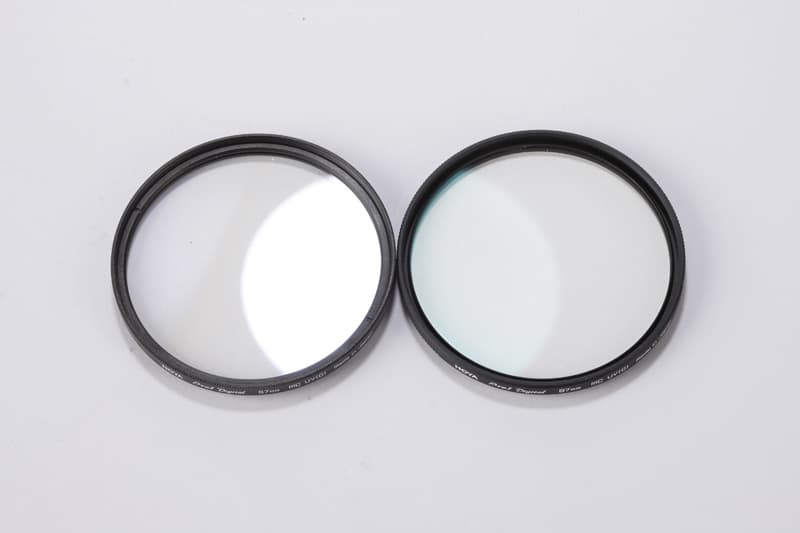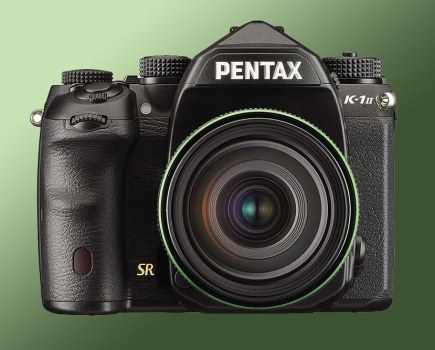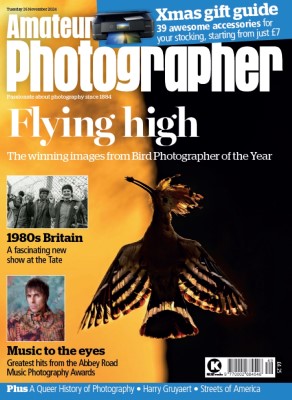The genuine Hoya UV filter (pictured top, right) is far more effective at reducing reflections than the fake product shown alongside it
Though bogus Hoya filters have been a problem in the past, the scam has previously been confined to lower-end filters, said Jim Mackay, managing director of Hoya’s UK distributor, Intro 2020.
‘We are trying to find out who the manufacturer is,’ added Mackay.
Mackay believes that the fakes – which carry the Hoya branding – originate in China and are exported via Hong Kong.
Many are less than half the price of the genuine article.
Hoya bosses are compiling evidence, part of which has been passed to Amateur Photographer (AP) to help publicise the scandal (see Pro1 Digital Filter pictured above).
Intro 2020 is poised to alert the relevant authorities and says it has identified a UK-based website selling the fakes.
The filters are being sold through the online retailer eBay, according to Intro 2020 which is based in Maidenhead, Berkshire.
‘People are buying the wrong product,’ said Mackay.
The fakes lack a serial number, and though they offer some filter effect, this is vastly inferior to that delivered by the genuine Hoya, as seen in AP’s picture above.
The copied filters carry a barcode, but this is printed on the packaging rather than displayed via a sticky label.
And the barcode itself relates to a different product, and not the filter it purports to represent, added Mackay.
He said the filters are listed as being ’60-70%’ cheaper than the real filters.
Photographers are advised to visit a high-street store, rather than buying filters off the internet, to be sure they are getting the real deal.
If photographers see a filter at half the price they expect it to cost, then ‘there is going to be something dodgy about it’, warns Hoya.
Anyone concerned should contact Intro 2020 on 01628 674411.

The fakes are not immediately obvious. The one on the left is the phoney product. It contains a barcode which is printed on the packaging, rather than displayed via a sticky label









